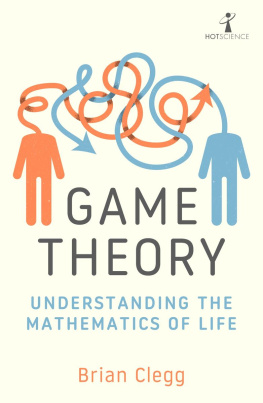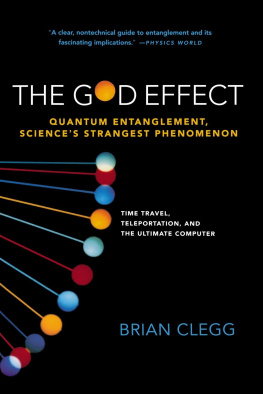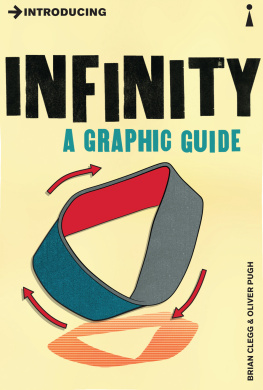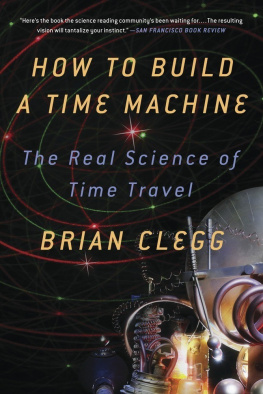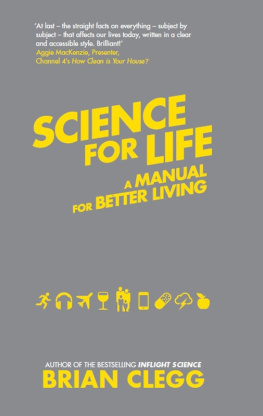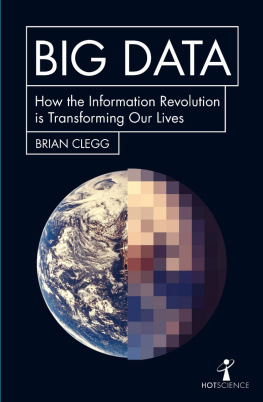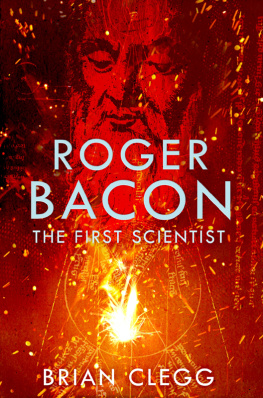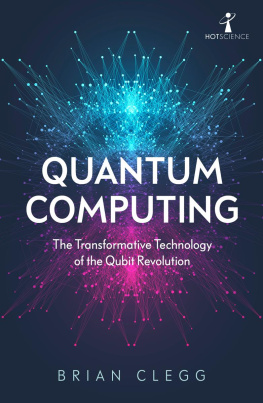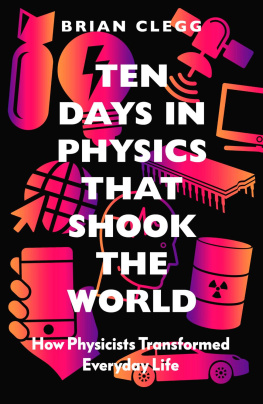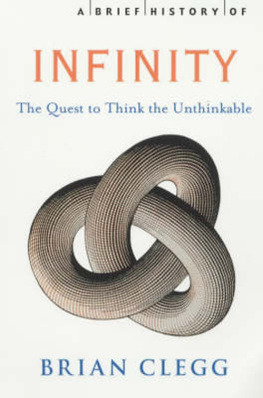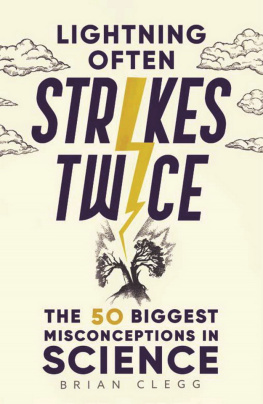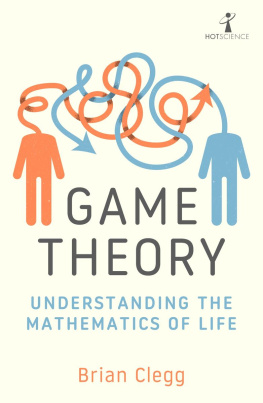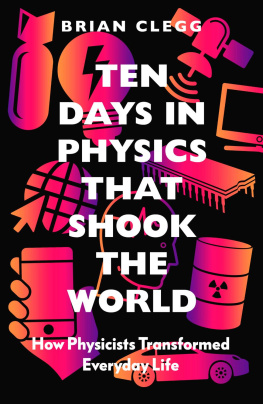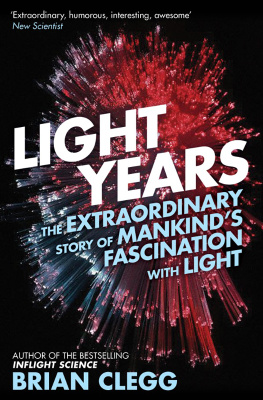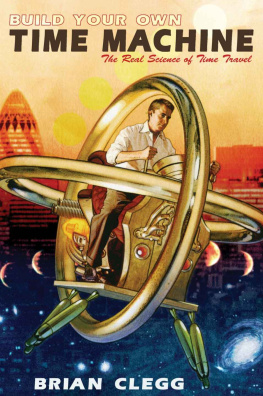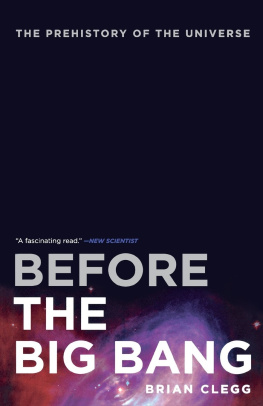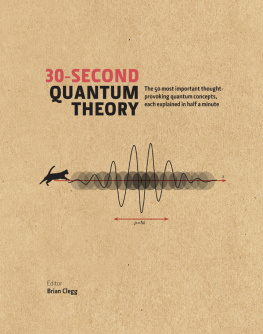Brian Clegg - Game Theory
Here you can read online Brian Clegg - Game Theory full text of the book (entire story) in english for free. Download pdf and epub, get meaning, cover and reviews about this ebook. year: 2022, publisher: Icon, genre: Children. Description of the work, (preface) as well as reviews are available. Best literature library LitArk.com created for fans of good reading and offers a wide selection of genres:
Romance novel
Science fiction
Adventure
Detective
Science
History
Home and family
Prose
Art
Politics
Computer
Non-fiction
Religion
Business
Children
Humor
Choose a favorite category and find really read worthwhile books. Enjoy immersion in the world of imagination, feel the emotions of the characters or learn something new for yourself, make an fascinating discovery.
- Book:Game Theory
- Author:
- Publisher:Icon
- Genre:
- Year:2022
- Rating:5 / 5
- Favourites:Add to favourites
- Your mark:
- 100
- 1
- 2
- 3
- 4
- 5
Game Theory: summary, description and annotation
We offer to read an annotation, description, summary or preface (depends on what the author of the book "Game Theory" wrote himself). If you haven't found the necessary information about the book — write in the comments, we will try to find it.
Game Theory — read online for free the complete book (whole text) full work
Below is the text of the book, divided by pages. System saving the place of the last page read, allows you to conveniently read the book "Game Theory" online for free, without having to search again every time where you left off. Put a bookmark, and you can go to the page where you finished reading at any time.
Font size:
Interval:
Bookmark:
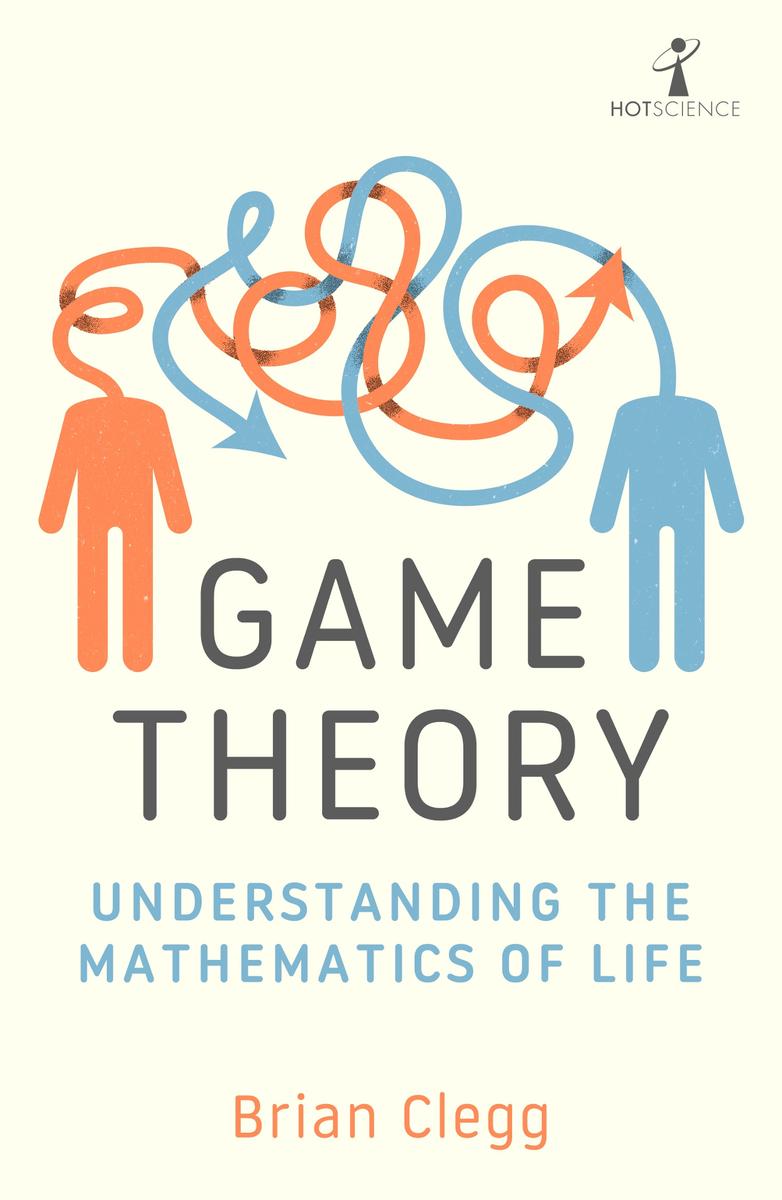
i
Hot Science is a series exploring the cutting edge of science and technology. With topics from big data to rewilding, dark matter to gene editing, these are books for popular science readers who like to go that little bit deeper
Destination Mars:
The Story of Our Quest to Conquer the Red Planet
Big Data:
How the Information Revolution is Transforming Our Lives
Gravitational Waves:
How Einsteins Spacetime Ripples Reveal the Secrets of the Universe
The Graphene Revolution:
The Weird Science of the Ultrathin
CERN and the Higgs Boson:
The Global Quest for the Building Blocks of Reality
Cosmic Impact:
Understanding the Threat to Earth from Asteroids and Comets
Artificial Intelligence:
Modern Magic or Dangerous Future?
Astrobiology:
The Search for Life Elsewhere in the Universe ii
Dark Matter & Dark Energy:
The Hidden 95% of the Universe
Outbreaks & Epidemics:
Battling Infection From Measles to Coronavirus
Rewilding:
The Radical New Science of Ecological Recovery
Hacking the Code of Life:
How Gene Editing Will Rewrite Our Futures
Origins of the Universe:
The Cosmic Microwave Background and the Search for Quantum Gravity
Behavioural Economics:
Psychology, Neuroscience, and the Human Side of Economics
Quantum Computing:
The Transformative Technology of the Qubit Revolution
The Space Business:
From Hotels in Orbit to Mining the Moon How Private Enterprise is Transforming Space
Game Theory:
Understanding the Mathematics of Life
Hothouse Earth:
An Inhabitants Guide
Hot Science series editor: Brian Clegg
vii
For Gillian, Chelsea and Rebecca
viii ix x
Thanks to the staff at Icon Books, notably Duncan Heath and Robert Sharman. Many years ago, I took an MA in Operational Research at the University of Lancaster, which introduced me to some of the concepts of game theory. My thanks to the lecturers there, particularly Graham Rand, who is still involved with the university. He edits the operational research magazine Impact, for which I have written many articles, including one that led me to look more into auctions and game theory. xiv
When I first bought a textbook on game theory many years ago, never having come across the term before, I felt cheated. I was expecting something fun that would tell me the optimal strategies for winning at card games, backgammon and Monopoly. I wanted an interesting analysis of how the games worked mathematically under the hood. Ideally there would also be guidance on how to create your own interesting board games. Instead, I found descriptions of a series of games that no one had ever played, with tables of outcomes that did not so much give guidance as show just how impossible it often was to come up with a useful outcome. This was interspersed with a hefty load of mathematical equations. And yet, the more I read about game theory, the closer it seemed to one of my favourite classics of science fiction.
For his 1950s Foundation series of books (made into a TV show in 2021), Isaac Asimov came up with the concept of psychohistory. This is an imaginary mathematical mechanism for predicting the future, based on an understanding of human psychology and the behaviour of masses of people. In practice, psychohistory was never going to happen. The repeated failures of pollsters who amass vast amounts of data to predict the outcomes of elections, or decisions such as the UKs Brexit referendum, make it clear that people form far too complex a system to enable reliable mathematical predictions of outcomes. Yet game theory does achieve some of the promise of psychohistory by resorting to the classic approach used by science, particularly physics: modelling.
The mathematical models used in physics reduce complex systems to simpler combinations of objects and their interactions. Messy aspects of the system are often ignored (it will be noted that this is happening). So, for example, Newtons familiar laws of motion at first glance dont appear to describe the real world very well. The first law states that an object in motion will keep moving unless acted on by a force. In everyday experience, such countering forces like friction and air resistance are ubiquitous; yet for convenience, models often ignore such things, as they add complexity and can be difficult to account for. This means that the model does not reflect reality without friction and air resistance, once you gave it a push, a ball on a flat surface would roll on for ever. But simplification makes calculations more manageable and gives an approximation to reality. Similarly, game theory uses mathematical models that simplify human interactions and decisions as much as is possible to help understand those processes.
The theory of games started with the development of the mathematical field of probability to deal with gambling games and other pastimes where the outcome was dependent on a random source, such as the throw of dice or the toss of a coin. However, in the first half of the twentieth century, a handful of individuals and a quasi-governmental American institution took some of the basic mathematics of games and began to apply it to decision-making problems, ranging from economics to the best strategy to win a nuclear war.
The field that was developed under the name of game theory became detached from real games. It was all about strategy what was the best approach to win, given a set of choices available to two or more players. Games were transformed from pastimes to something deadly serious. This shift was so strong that often those who deal with game theory totally ignore what the rest of the world calls games. However, I believe that this is a mistake. Real games still form part of the continuum it is just that many familiar games are not interesting from a game theory perspective, either because they are too dependent on random chance, with no strategy, or because they are too complex for strategies to be developed.
Its worth spending a moment on the strategy word here, as it is often misused, and game theory has its own specialist meaning for the term. A strategy is a plan to achieve a goal. However, as J.D. Williams pointed out in his light-hearted 1960s book The Compleat Strategyst, in game theory, a strategy designates any complete plan. In general usage, a strategy is usually a best effort to achieve something. But in game theory, a strategy is any complete plan for playing the game, no matter how good or bad. In chess, for example, your strategy could be to always play the piece closest to the bottom left-hand corner of the board that is available to move. Such a strategy would pretty much guarantee losing, but it would nevertheless be a strategy in game theory terms.
Much early game theory was developed to deal with situations where two players went head-to-head in an aggressive win-or-lose situation. This was the circumstance, for example, facing American military strategists when applying game theory to nuclear warfare and whether it was better to be reactive or pre-emptive when it came to nuclear strikes (arguably more a lose-lose scenario than win-or-lose). However, the most valuable impact of game theory in recent years has been in the design of specialist mechanisms to deal with spectrum auctions.
The word spectrum suggests that these auctions are something to do with selling off an array of colours, but here a different part of the electromagnetic spectrum is under consideration: not visible light, but the segment of radio frequencies available for, usually, mobile phones and wi-fi.
Font size:
Interval:
Bookmark:
Similar books «Game Theory»
Look at similar books to Game Theory. We have selected literature similar in name and meaning in the hope of providing readers with more options to find new, interesting, not yet read works.
Discussion, reviews of the book Game Theory and just readers' own opinions. Leave your comments, write what you think about the work, its meaning or the main characters. Specify what exactly you liked and what you didn't like, and why you think so.

